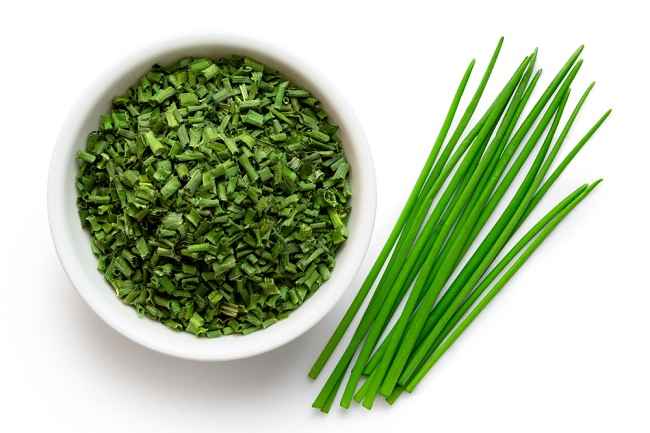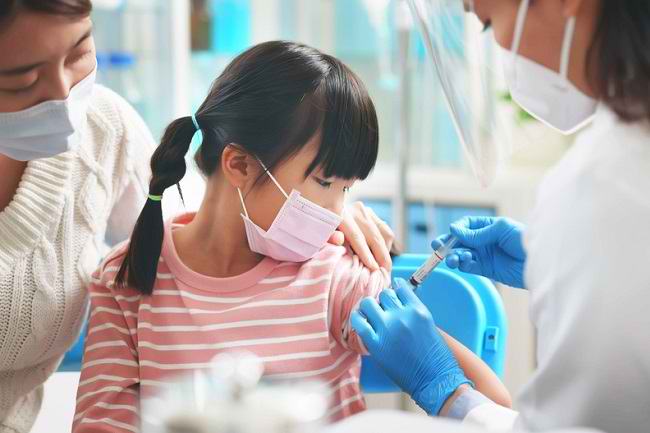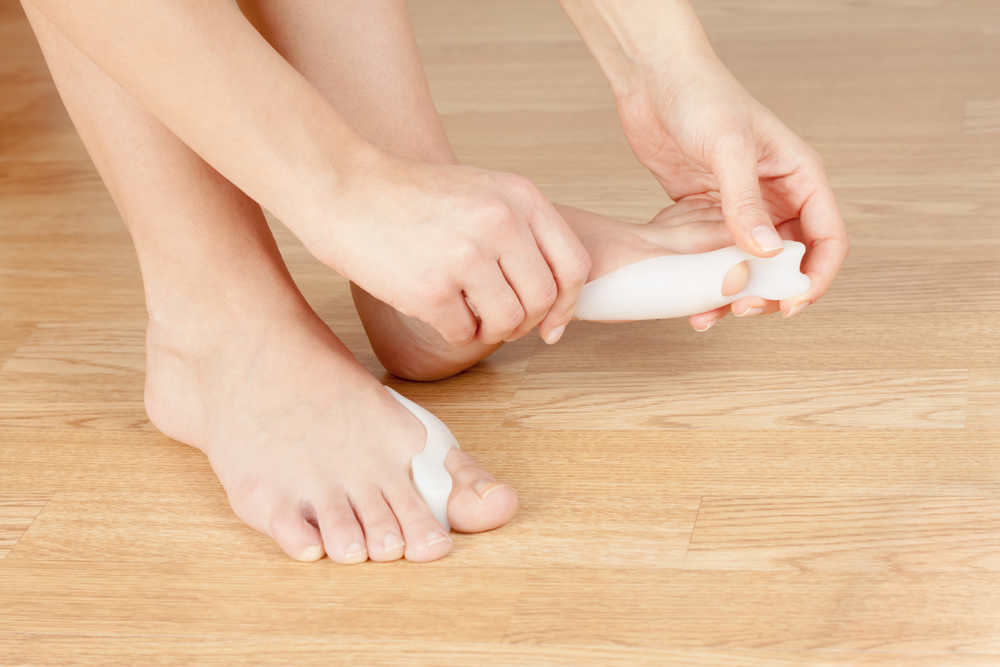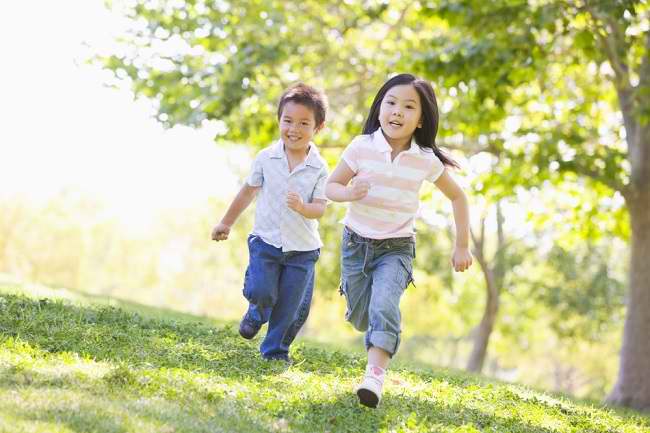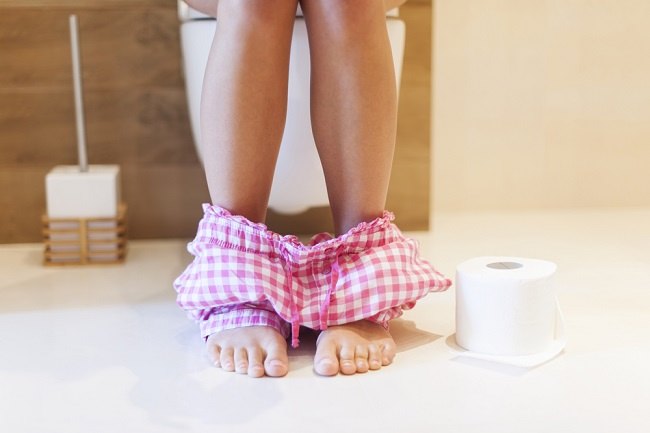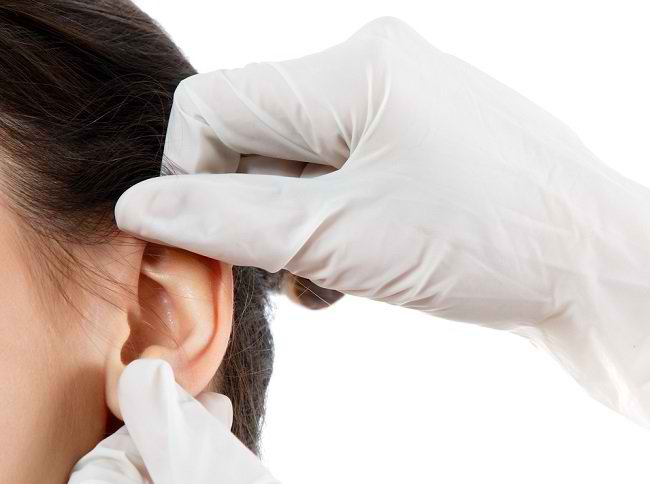When entering change of seasons, it is recommended to increase efforts to maintain environmental health and cleanliness, so that you can avoid various transition season diseases. During the turn of the dry season to the rainy season, there are several the type of disease can attack you and your family.
Children under five years of age are one of the groups who are vulnerable to viral infections during the transition season, although it is possible to infect adults.

Types of Diseases Transition Season
Here are some of the higher risks of viral infection in the transition season:
- Dengue hemorrhagic fever (DHF)
DHF is transmitted through the bite of a mosquito infected with the dengue virus. Symptoms of dengue fever include sudden high fever, severe headache, pain behind the eyes, muscle and joint pain, weakness, nausea, vomiting, easy bruising, the appearance of spots on the skin, to light bleeding around the gums and nose. . What you need to watch out for are complications from DHF, namely heavy bleeding, shock, and even death.
To reduce the risk of contracting dengue, it is important to prevent the development of mosquito populations. This can be done by getting rid of items that can become mosquito breeding grounds, such as cans, pots, or old tires that collect rainwater. Don't forget to clean the bath or pet drinking bowl regularly, and close it tightly.
- Chikungunya
In elderly people who have a history of other diseases and also in newborns, chikungunya disease with more severe symptoms can occur. Although it rarely results in death, severe symptoms can cause temporary paralysis.
Actually there is no special treatment for chikungunya. Your doctor may prescribe medications that can help relieve your fever and joint pain. For recovery, you are advised to get enough rest and drink lots of water to prevent
- To reduce the risk of getting chikungunya, the same steps in preventing dengue can also be taken.
- ZikaSimilar to dengue and chikungunya, the Zika virus is spread through mosquito bites, but can also be transmitted through sexual intercourse and blood transfusions. The Zika virus can be transmitted from pregnant women to the fetus and can cause the baby to suffer noodlescrocephaly (the baby's head is smaller than
When you suffer from this transitional season, you will experience fever, joint pain, headache, rash, itching all over the body, red eyes, muscle aches, back pain, and pain in the back of the eye.
These symptoms usually occur in about seven days and will go away on their own. You are advised to get enough rest and drink plenty of water to relieve the symptoms that appear.
- Respiratory tract infection
As with upper respiratory tract infections, symptoms of lower respiratory tract infections are coughing. However, the cough that occurs is more severe and is sometimes accompanied by phlegm and mucus. Other symptoms that may be experienced are shortness of breath, increased respiratory rate, a feeling of tightness in the chest, or a wheezing sound when breathing. Lower respiratory tract infections can include bronchitis, pneumonia, and bronchiolitis.
This respiratory infection is transmitted through saliva droplets containing the virus, when an infected person coughs or sneezes. It can also be by indirect contact through the surface of objects that have been contaminated with the virus from splashes of saliva or the touch of an infected person's hands. One effective way to prevent it is to maintain cleanliness and diligently wash your hands.
- Influenza
In general, the flu will go away on its own. However, in children under five, especially children under 2 years of age, and the elderly over 65 years, this transitional season disease can cause dangerous complications.
You need to get enough rest and drink lots of water to relieve your flu symptoms. In certain cases, doctors will recommend antiviral drugs to treat flu. Meanwhile, to prevent infection with the influenza virus, you can vaccinate which can be repeated every year.
Although generally transitional season diseases are not dangerous, it is better to take preventive measures, such as implementing clean living and keeping the environment clean. This aims to reduce the risk of contracting various diseases that often appear in the transition season.
